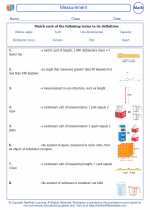Natural Numbers
Natural numbers are the set of positive integers, including zero. They are the numbers we use for counting and ordering. The set of natural numbers is denoted by the symbol "N" and can be written as:
N = {0, 1, 2, 3, 4, 5, ...}
Properties of Natural Numbers
1. Closure: The sum or product of any two natural numbers is also a natural number.
2. Commutativity: Addition and multiplication of natural numbers are commutative.
3. Associativity: Addition and multiplication of natural numbers are associative.
4. Identity: The number 0 acts as the identity element for addition, and 1 acts as the identity element for multiplication.
5. Order: Natural numbers can be ordered from least to greatest.
Operations with Natural Numbers
Addition: When you add two natural numbers, the result is always a natural number. For example: 2 + 3 = 5
Subtraction: While natural numbers do not include negative numbers, subtraction is still possible as long as the result is a natural number. For example: 5 - 3 = 2
Multiplication: When you multiply two natural numbers, the result is always a natural number. For example: 2 x 3 = 6
Division: While division may not always result in a natural number, it is still possible with certain combinations of natural numbers. For example: 6 ÷ 2 = 3
Study Guide
When studying natural numbers, it's important to understand the following concepts:
- Definition of natural numbers and their set notation
- Properties of natural numbers: closure, commutativity, associativity, identity, and order
- Performing operations with natural numbers: addition, subtraction, multiplication, and division
It's also helpful to practice solving problems involving natural numbers, such as finding the sum or product of two natural numbers, ordering natural numbers, and determining the result of operations involving natural numbers.
Understanding the properties and operations of natural numbers is fundamental to building a strong foundation in mathematics. With practice and a clear understanding of these concepts, you'll be well-prepared to work with natural numbers in various mathematical contexts.
.◂Math Worksheets and Study Guides Fourth Grade. Measurement
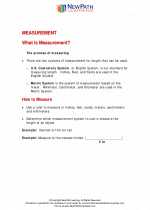
 Activity Lesson
Activity Lesson
 Activity Lesson
Activity Lesson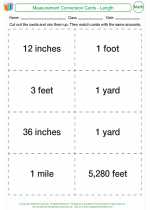
 Activity Lesson
Activity Lesson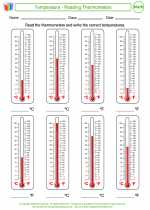
 Worksheet/Answer key
Worksheet/Answer key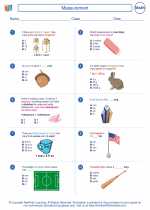
 Worksheet/Answer key
Worksheet/Answer key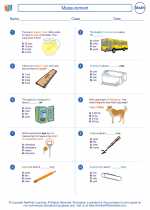
 Worksheet/Answer key
Worksheet/Answer key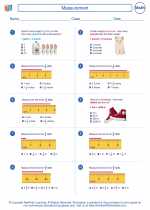
 Worksheet/Answer key
Worksheet/Answer key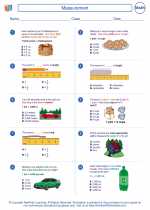
 Worksheet/Answer key
Worksheet/Answer key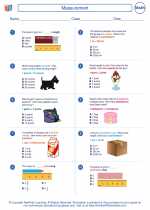
 Worksheet/Answer key
Worksheet/Answer key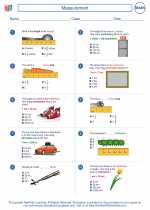
 Worksheet/Answer key
Worksheet/Answer key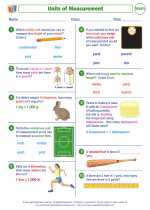
 Worksheet/Answer key
Worksheet/Answer key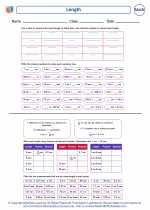
 Worksheet/Answer key
Worksheet/Answer key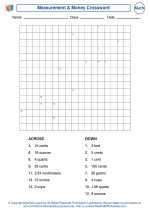
 Worksheet/Answer key
Worksheet/Answer key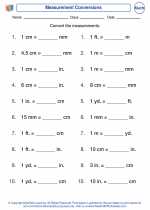
 Vocabulary/Answer key
Vocabulary/Answer key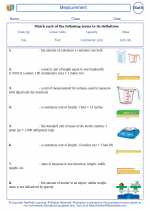
 Vocabulary/Answer key
Vocabulary/Answer key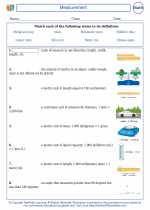
 Vocabulary/Answer key
Vocabulary/Answer key